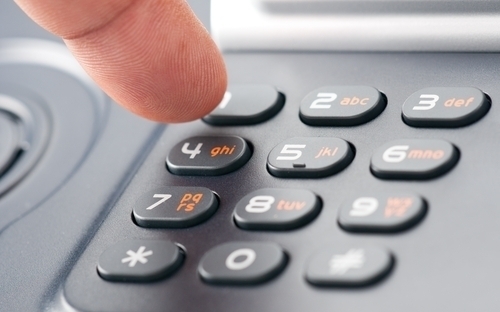NHS 111 staff will be able to book GP appointments directly under changes outlined in the NHS long-term plan.
‘From 2019, NHS 111 will start direct booking into GP practices across the country, as well as refer on to community pharmacies who support urgent care and promote patient self-care and self-management,’ the plan said.
Up to now pilot schemes have been operating across England, with NHS suggesting in March last year that the pilots could become a universal plan in April 2019.
In December 2017 Pulse reported that commissioners were reserving a small proportion of appointments for NHS 111 direct booking after being told to do so by NHS England.
A pilot scheme was launched in 2016 in the North East of England in which participating practices were offered a one-off payment of 70p per patient.
The long-term plan also said NHS 111 will have the the ability to book appointments at GP-led Urgent Treatment Centres (UTCs).
The document says: ‘We will fully implement the Urgent Treatment Centre model by autumn 2020 so that all localities have a consistent offer for out-of-hospital urgent care, with the option of appointments booked through a call to NHS 111.
‘UTCs will work alongside other parts of the urgent care network including primary care, community pharmacists, ambulance and other community-based services to provide a locally accessible and convenient alternative to A&E for patients who do not need to attend hospital.’
Dr Richard Vautrey, BMA GP committee chair, said: ‘Direct booking in to practice appointments for patients who have spoken to and been triaged by a doctor or nurse through NHS 111 has been an ambition of NHS England’s for some time.
‘There have been several local pilots, and some practices have chosen to use this service to help reduce the pressure on their reception staff. We are currently discussing this with NHS England as part of contract negotiations.’
But RCGP chair Professor Helen Stokes-Lampard said: ‘This idea, like the rest of the NHS Long Term Plan, is aspirational and well-intentioned, but it must be matched with appropriate funding and resources up front, otherwise the stresses and strains currently facing general practice will only get worse. Just allowing others to book appointments will not create additional capacity in our surgeries.
‘This includes ensuring that NHS 111 call handlers have had sufficient training to know when a GP appointment is appropriate and necessary, ensuring they know what types of appointments and with which professionals are available at different surgeries, and making sure that communication between their own systems and GP practices is robust enough to deal with this level of triage and all relevant information that lead to the booking is added to the GP computer system.’
The long-term plan’s announcement of the new power for NHS 111 may raise concerns about increased GP workload.
In June 2017 Matthew Swindells, NHS England’s director for operations, said that 80% of patients who would have been sent to a GP by NHS 111 guidelines had not needed to be referred if their call was taken by a GP.
The opposite concern – appointments being wasted – may be another concern after after the North East of England pilot initially reported slow uptake. Many appointments at the pilot reserved for NHS 111 patients were still free an hour beforehand, at which point the GP surgery could rebook them.
Pulse October survey
Take our July 2025 survey to potentially win £1.000 worth of tokens














